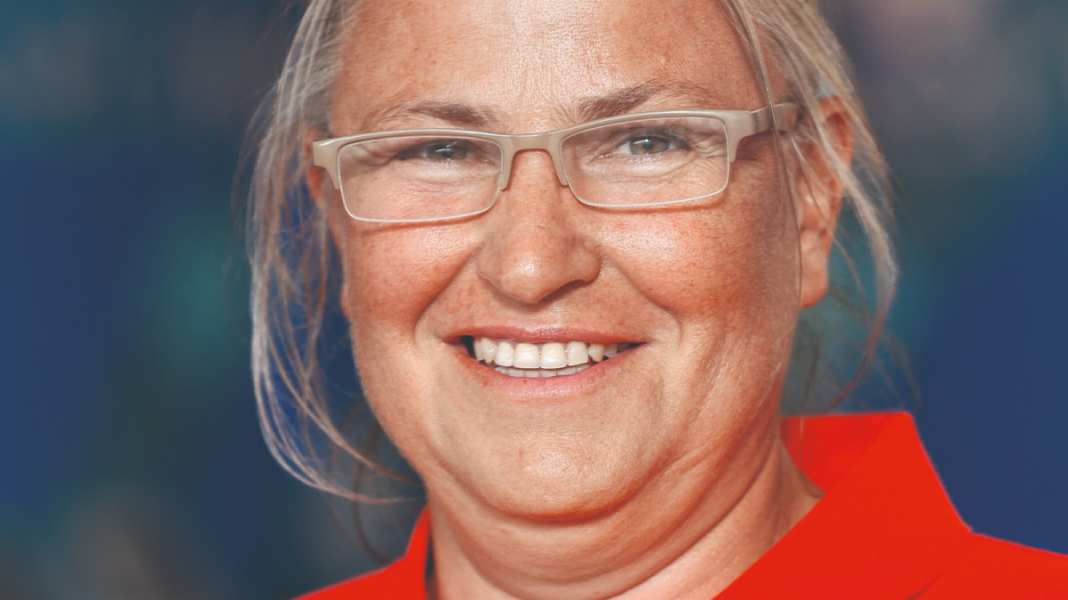Kiel Week: 25 holidays to "make it as good as possible for the active participants"
Tatjana Pokorny
· 27.06.2024

Tina Buch was part of the Kieler Woche team for the first time in 1998. Since then, the private tutor and honorary coach has only missed two editions. This year marks her 25th time on the race committee.
Tina, you have been volunteering for Kiel Week for more than a quarter of a century. Why is that?
On the one hand, we have grown together in the Kiel Week team and are like one big family. The sense of belonging gives us a good feeling. It's fun to meet people. We all enjoy being on the water, even if we sometimes wonder why when it rains. Then we are rewarded with wonderful days. We are also united by the ambition to make it as good as possible for the active participants.
As we all know, people are quicker to complain than to praise. Are the sailors grateful that you volunteer for them during your holidays?
You tend not to hear anything from the majority. You get told more quickly if something isn't going well. Most thanks come from international or Olympic crews. Many ambitious recreational sailors even think that we receive money for our work. But that's not true. We don't even get our travel expenses reimbursed or take holidays for Kiel Week. The only thing we are provided with is the caravan and its pitch on the camping site, where we like to experience the Kieler Woche atmosphere. And the catering. I like the two volunteer evenings.
How important is experience in your field of work?
Hugely important! Even after such a long time, there are always new situations that you don't expect. Something can suddenly look strange with the current. Then you can't just rely on data, you have to constantly look at what the boats or boards are doing - and adapt. Experience also helps in race management because different boat classes sail at very different angles to the wind. With the Ilca, wind shifts of 15 degrees are a hell of a lot, but not with catamarans. You have to know the classes well. And when you get new classes, you have to familiarise yourself with them. In Kiel, there are always people you can ask.
This year you're on the starting boat with the wingfoilers, but you're often called upon to lead the race yourself. Do you prefer easy or difficult sailing conditions?
(Laughs) On relaxed days, you lay down the course, maybe have a ten-degree change - done. That can be pleasant. But more exciting are difficult conditions where you have to plan well, be flexible and still ensure maximum fairness. Sometimes it's a bit like playing poker. You are aware of your limited resources: you have three motorboats, a THW boat and sometimes have to prioritise in demanding conditions. It's this complex challenge that I enjoy the most. Then there's my great team of 14 people, from very young to very old, who have grown together over the years: they are so good that they largely work independently.
You are also known as the race director at the Helga Cup or the Championship of Masters ...
I pick my favourites (smiles). At home in Steinhude, I'm still organising the junior championship of the Europes and the OK regatta. And in the autumn, I'll take care of the national youth championship for optis.
How do you view the development of regatta sport?
There is a clear trend towards more athletic classes. On the other hand, there is also an increase in some older classes that have very long, sailable boats. It will be interesting to see how sailing develops as e-mobility increases. Most electric cars can no longer pull slightly larger boats. This could spur on formats with set boats.
